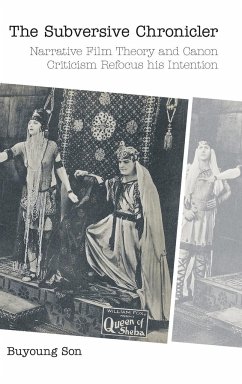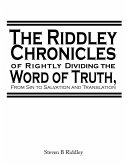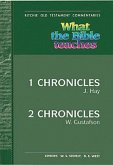In 1 and 2 Chronicles, commentators have long noted a pattern of retributive justice whereby kings who comply with Yahweh's will are rewarded with long life and honourable burial, whereas those who do not are disgraced. However, another pattern significantly emerges from a group of kings whose careers display an unexpected reversal. No convincing consensus has yet emerged to explain this reversal pattern. By exploring and adopting the insights of narrative film theory, particularly of cognitive film semiotics, into the effects of macro-repetition, Son uncovers the implications of these unexpected reversals. As the reversal pattern is interwoven with the retributive pattern, the narrative emerges as a falsifying narration, provoking a deep scepticism about the conventional view of retribution theology. Deleuzian film theory offers a crucial insight into how this falsifying narration works. The reversal pattern has a destabilizing effect, which suggests that the Chronicler's theological outlook is more nuanced than that of Samuel-Kings, or perhaps even frankly subversive of it. From a canonical perspective, furthermore, the presence of the Chronicler's work in the Ketuvim points to its potential function as a subtle theological readjustment in the postexilic Jewish community. The Subversive Chronicler is then a challenge to the Chronicler's theology as it is commonly understood and also as a refocusing of its difference from the historiography of Samuel-Kings.
Hinweis: Dieser Artikel kann nur an eine deutsche Lieferadresse ausgeliefert werden.
Hinweis: Dieser Artikel kann nur an eine deutsche Lieferadresse ausgeliefert werden.








